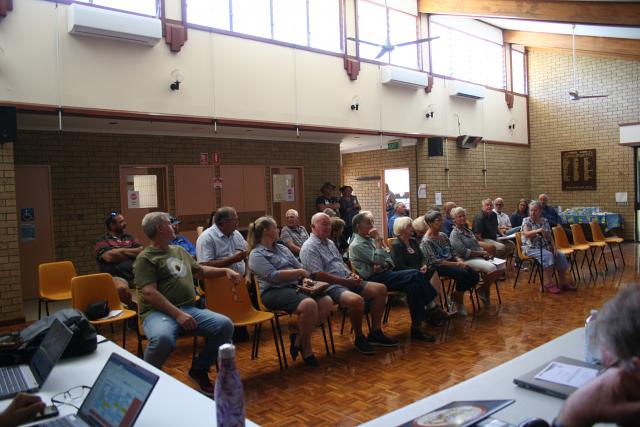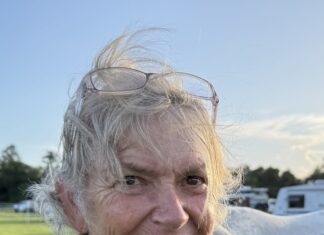Connecting with Killarney

Digital Edition
Subscribe
Get an all ACCESS PASS to the News and your Digital Edition with an online subscription
Young riders eye pathways forward
Endurance horse riding encourages participation across all ages and all abilities.
The Stirling’s Crossing Endurance Centre annual education weekend highlighted this, with young riders coming...








